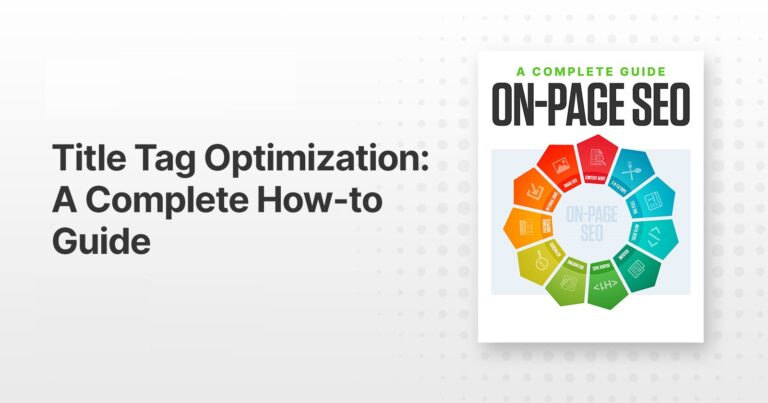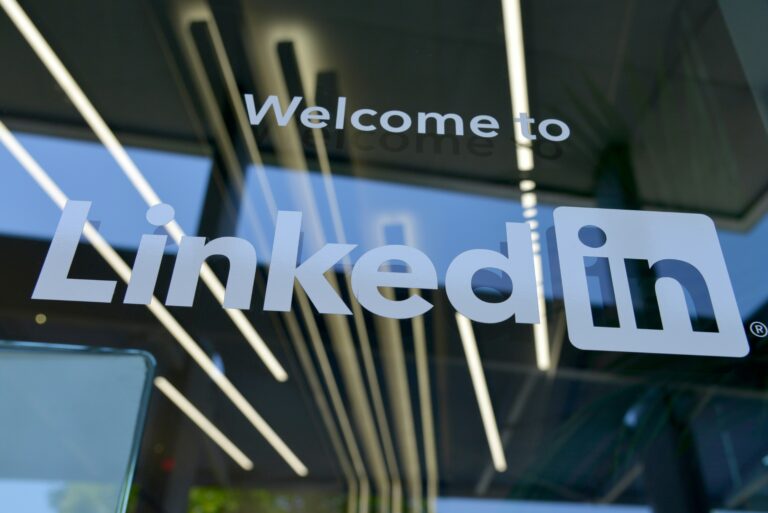The loading speed of your website is crucial for SEO in today’s fast-paced online world. When your website loads quickly, users feel satisfied and this helps you get ranked highly by search engines. Google doesn’t want to deliver results that are slow-loading and put users off. In the following paragraphs, we will explain why site speed is important, and how it can impact your page:
Why Page Speed is Important For SEO:
User Experience:
People do not always have time to wait around. If your website takes hours to load, some visitors could get frustrated and leave before they see what you provide. Keeping users happy and engaged with a fast load time encourages them to stay long enough on your site. Research has shown that most people expect a page to be completely loaded within three seconds. After that point, it becomes probable that they will just go over to another comparable one that would be able to compete against yours because it offers faster speed.
Search Engine Rankings:
Search engines such as Google consider how fast sites are loading when ranking them. Page speed is used as one of the factors to determine the order in which websites appear on various search results page (SERPs). Inserting high-speed sites into these SERPs increases visibility so many people can see them better In addition, Google has confirmed that site speed impacts rankings both for desktop searches and mobile ones as well. Therefore if your site moves at a snail’s pace it won’t show near the top of the SERPs affecting your visibility online and traffic generation ultimately resulting into reduced revenue generation from ads placed thereon.
Mobile Optimization:
Nowadays, a significant number of individuals access the internet via their handsets as well as tablets. When your website doesn’t run fast on mobile devices, then most users will leave it very fast. Mobile optimization is making certain that your website is loading fast in smartphones or tablets. With Google using the mobile version of your website to determine how search engines rank pages; rapid mobile loading sites are vital.
Conversion Rates:
Page speed has an effect on the number of visitors who turn into customers through the internet. For instance if someone’s site is slow loading less people may subscribe for newsletters or purchase items from there. Research indicates that even just one second delay during the process of loading could cause low conversion. When a customer clicks on a link they expect it to open immediately; hence fast load time encourages them to perform actions related with desired objectives like buying certain products or filling out details about themselves.
Bounce Rate:
This refers to the percentage of people who visit a webpage only once and then leave without further actions. A high bounce rate often occurs due to reasons like complex navigation or a poorly designed user interface. Slow-loading websites also cause visitors to leave quickly, which increases the bounce rate significantly. The bounce rate measures the proportion of visitors who exit after viewing just one page of a website. A quick site reduces bounce rates since users tend to stick around longer looking at more webpages before leaving eventually.
Crawl Budget:
Search engines apply a concept called crawl budget that assists them in determining what number of pages they are going to check on your website. If the rate at which your site operates is not fast enough, then search engines will probably visit fewer pages on it. This implies that some of your vital aspects might not get indexed as they should have been. You need therefore to boost up the pace of your site so that search engines can crawl many pages which in turn enhances your overall SEO. Consequently leads to increased number of indexed pages thereby more contents can be displayed under search results.
Competitive Advantage:
In an overcrowded online marketplace, being quicker than others gives you an advantage over them. If your website has a faster loading speed compared to others, users are more likely to visit it instead of their websites. They enjoy accessing everything quickly without delays or interruptions, especially when browsing or downloading content like images. This can lead to increased traffic and higher rankings on SERPs for your website. Speed also indicates both to users and search engines that you value creating good experience.
User Retention:
Ancient Romans could easily understand how a fast website works. Not only does a fast website capture visitors but also makes them stay locked and come back later on the same sites again. There’s a higher chance that visitors will return if they find your site easy to use. Keep in mind that faster load times promote a smoother browsing experience. They always find it easier to come back for more services. Speed improvement is very essential part of an investor’s strategy if he wants to develop a loyal fan bittersweet before others do.
Conclusion:
To conclude this, page speed is very important when it comes down to user satisfaction as well as SEO concerns. Besides, advanced machine learning algorithms show that faster platforms provide better search engine rankings than slower ones. This leads to happy customers and higher sales numbers, especially from digital natives shopping online. The internet offers everything they desire, unlike those who prefer buying physical items and avoid online shopping. Your website needs a high upload rate to improve performance and eliminate issues like jammed pages.



